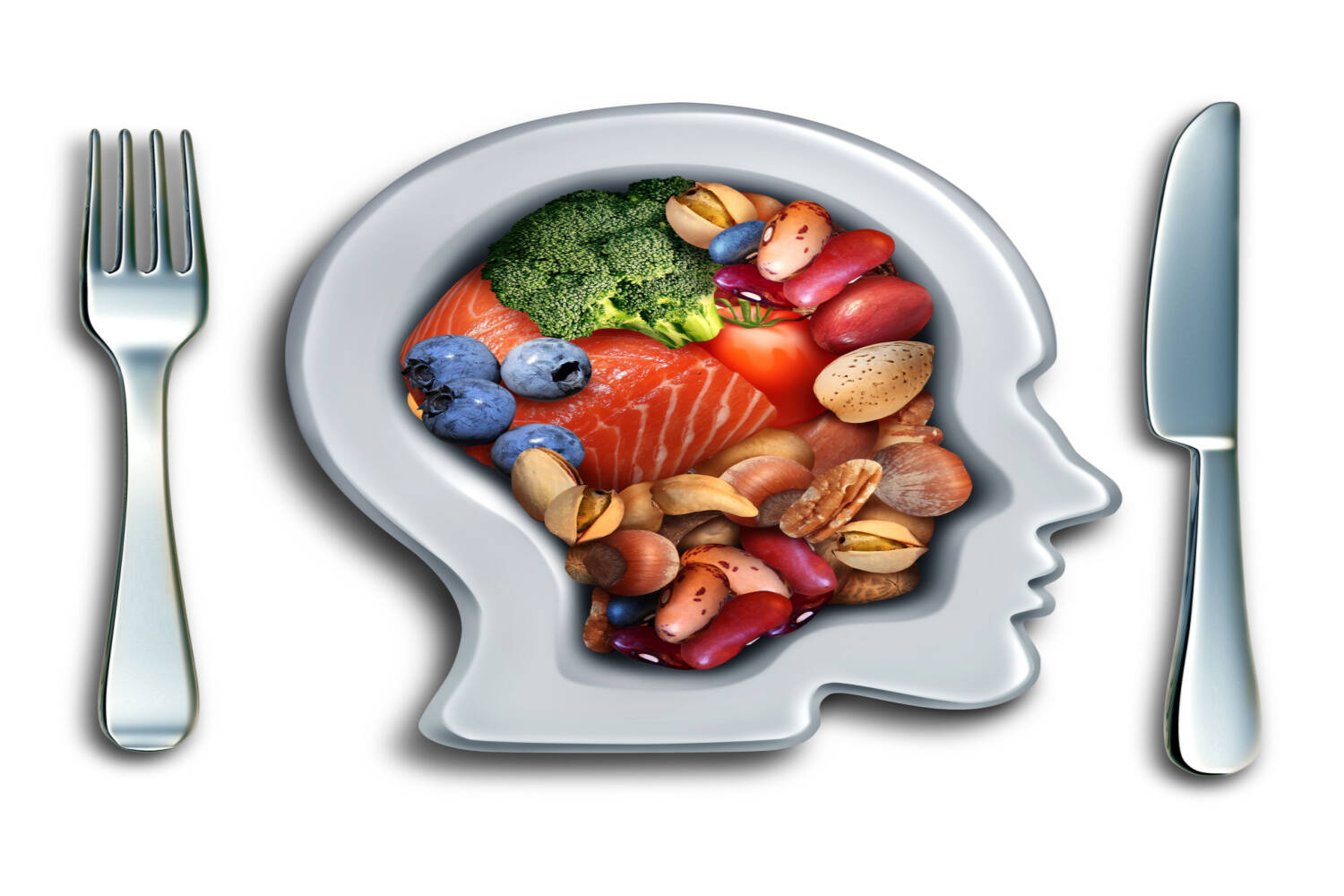
Before your toddler turns 3, their brain is growing rapidly everyday (1a). Your little munchkin is absorbing so much in their surroundings and figuring out a lot of stuff for themselves. They are learning at a rapid pace. And all the activities that your toddler indulges in help to boost their brain development. From running around, to listening to music and playing games, every bit is contributing to their brain development. But that is not the only way your toddler’s brain develops, brain boosting foods for toddlers are as important as the activities they indulge in.
You can also help their brain blossom by feeding them foods that are rich in antioxidants, choline, omega 3 fatty acids and complex carbohydrates. Such foods can be particularly helpful in your toddler’s brain development. Read this article to know more about these brain boosting foods for toddlers and how they will help in your kid’s brain development.
In This Article
Role of Food in Brain Development of a Kid
If required nutrition is not provided, then this may affect the development of a kid (1b). Toddlers and young kids grow up rapidly and so does their brain and cognitive skills. Parents try their best to provide a balanced diet to their toddlers.
With advancements in research, scientists have now identified foodstuffs which can particularly boost brain development and help enhance brain functions such as concentration, thinking, memory and reasoning abilities (2)(3). Adequate nutrition is very important to optimize brain function in kids.
Top 10 Brain Boosting Foods For Toddlers
Have a look below on some brain boosting food items. Incorporating these foods in your toddler’s diet is going to enhance their development.
1. Fish

Fish, particularly salmon is a good source of Omega 3 fatty acids which boosts brain development and functioning of mental skills (4). You can make so many delicious dishes using salmon to entice your toddler to consume it. Those who are vegetarians can make the toddlers munch on flax seeds! Flax seed helps kids focus and protect against cognitive decline (5). You can roast them and give as snack. Or, roast and powder them and sprinkle on dishes.
2. Berries

The colorful berries such as strawberries and blueberries are high in antioxidants. Antioxidants play an important role in maintaining the wear and tear of the brain. The polyphenols in these berries have anti-inflammatory properties and protects against brain ageing (6). Omega-3 fats are found in seeds of berries which help the brain function better. The more strong the color of the berry, the more its nutritional value. It makes up for a perfect snack.
3. Beans

Kids love rajma (kidney beans) combined with rice and raita! Well, beans are pretty regular in any Indian home. Beans such as kidney beans, green beans, and pinto beans provide fiber, protein, vitamins and minerals. These are also sources of omega 3 fatty acids and aid brain growth and functioning, the content being especially high in kidney beans and pinto beans (7).
4. Meat

Lean meat such as skinless chicken breast is a good source of protein and iron. Lean meat contains B12(8) which helps in formation of blood and brain functioning . Deficiency of B12 can cause poor memory and fatigue.
5. Green Leafy Vegetables
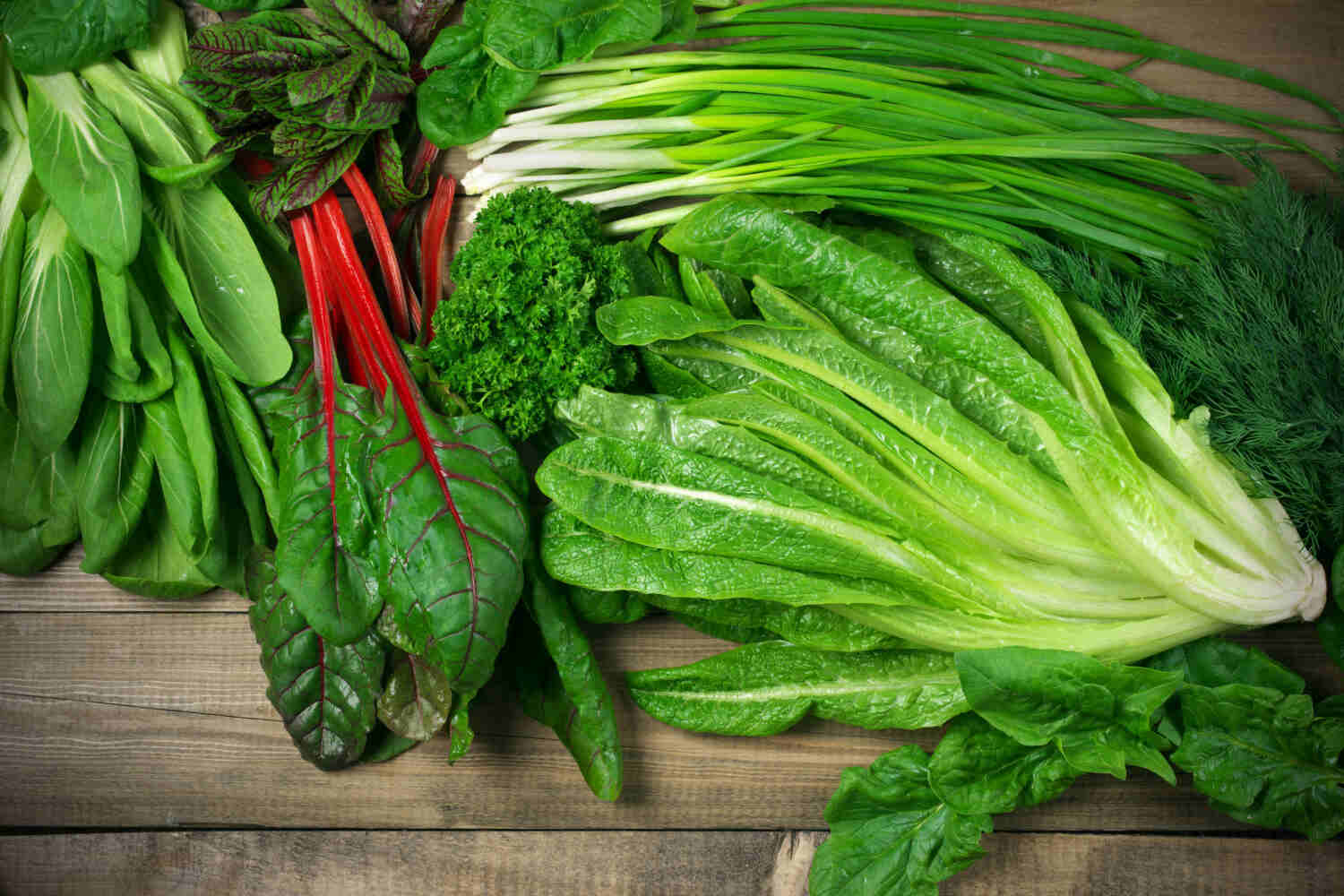
These iron rich foods are high in iron and help in improving learning, attention and memory. They are also sources of high fiber, vitamin B6, and folic acid which increases growth of new brain cells. Green leafy veggie such as spinach contains magnesium which works at the neurotransmitter level aiding quick responses (9).
6. Walnuts

This brain-shaped dry fruit is a very rich source of Omega 3 fatty acids. It is found to improve concentration and keeps the nervous system functioning well. It contains DHA, which protects cell membranes from the damages and keeps them healthy (10).
7. Eggs
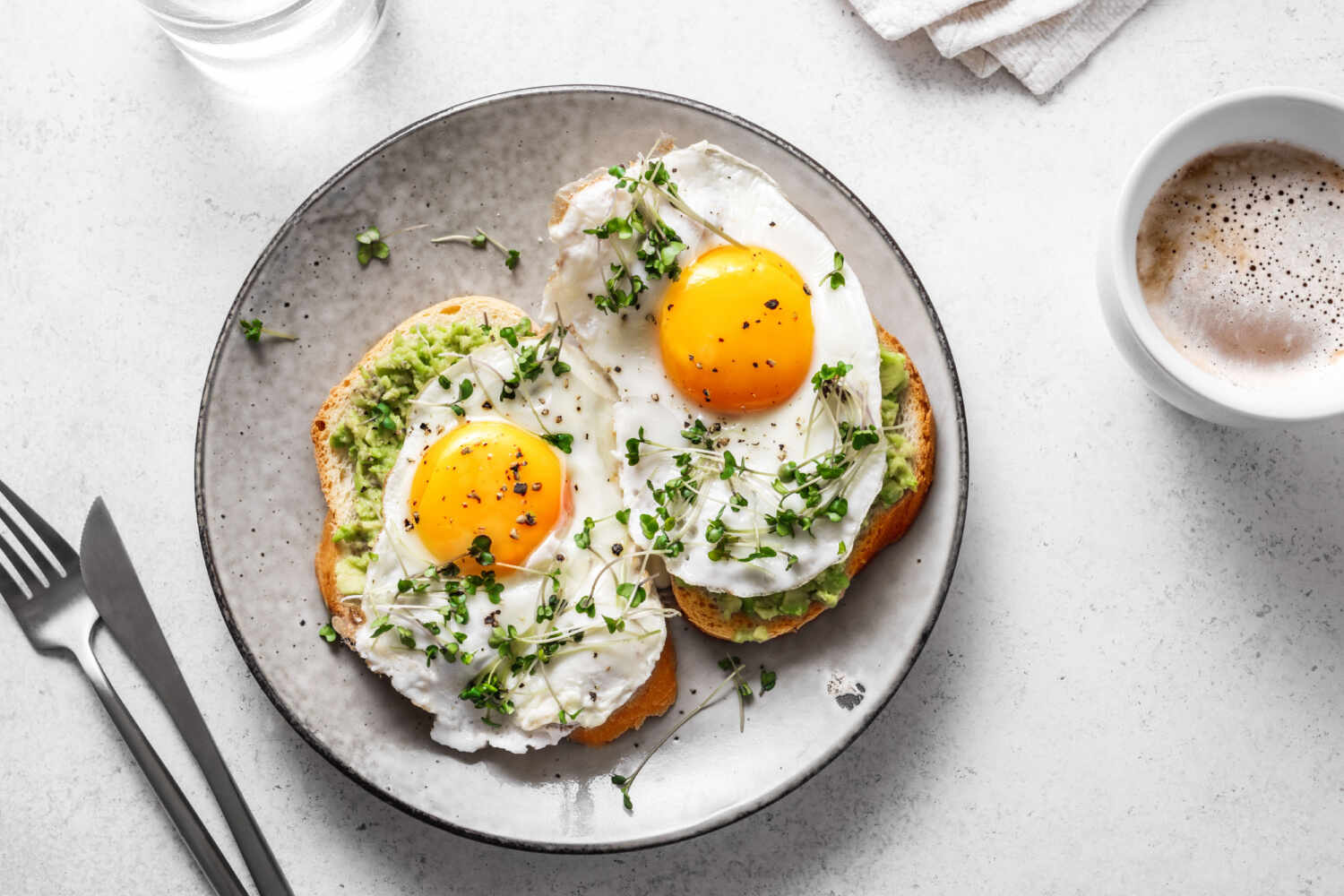
These are not only a good source of protein but also of choline. Choline is a substance which aids in generating memory stem cells (11). Remember, the greater the number of these memory cells, the better. You need to keep the stock of eggs ample for proper functioning of brain. Sunday ho ya Monday, roz khao ande!!
8. Oatmeal

Although not a favorite of many, oatmeal is a high source of protein, fiber and energy. It serves to keep heart and brain arteries free of plaque. Oatmeal is found to boost memory, especially during spatial tasks. It also contains vitamin E(12) and other minerals such as zinc which are essential to keep the brain functioning.
9. Milk and Milk Products
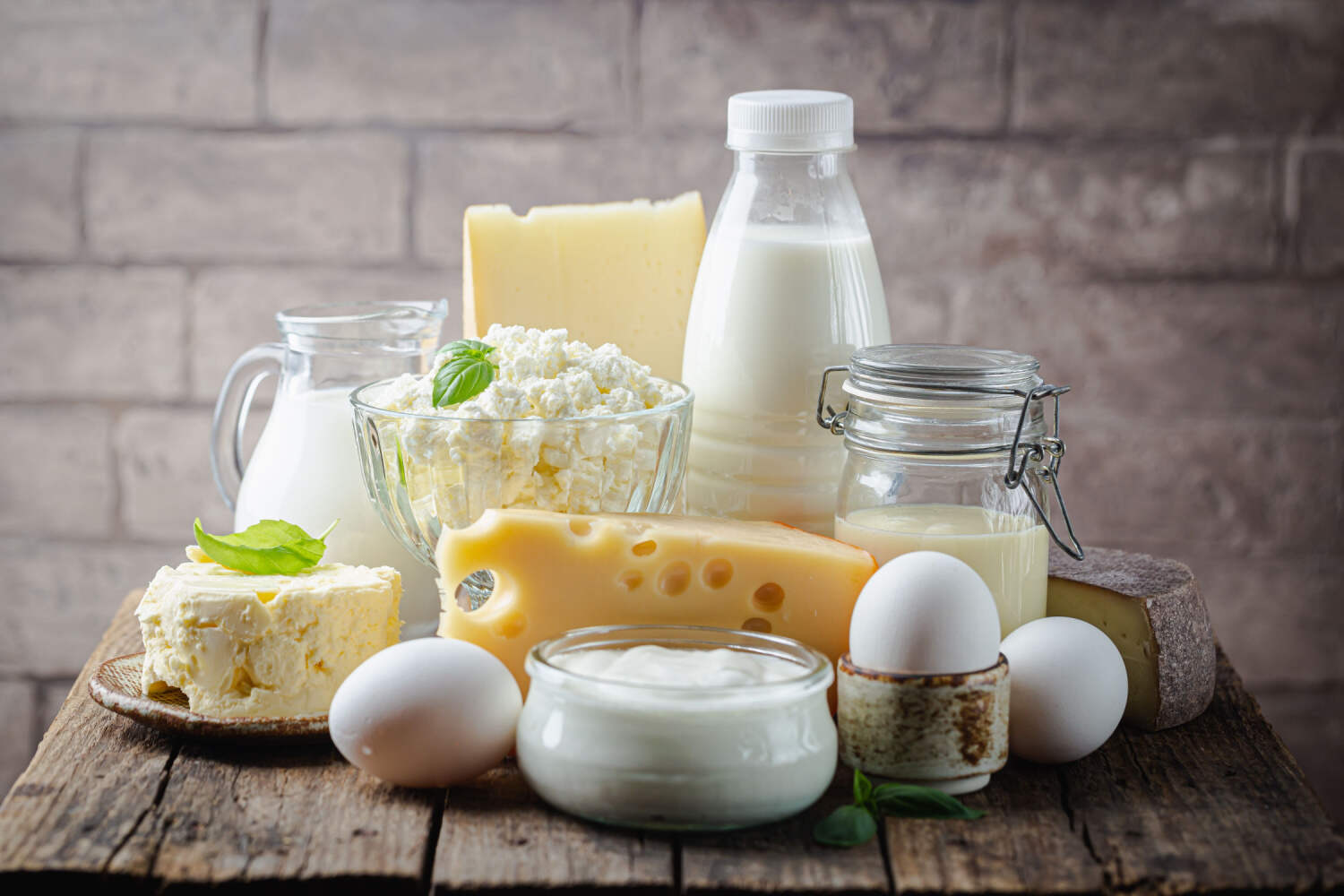
Milk, yogurt, cheese etc. are sources of calcium and the essential vitamin D. They also provide protein and carbohydrates foe the brain. The vitamins and minerals supplied through milk and milk products are necessary for growth of brain tissues, neurotransmitters, and enzymes (13).
10. Peanut Butter
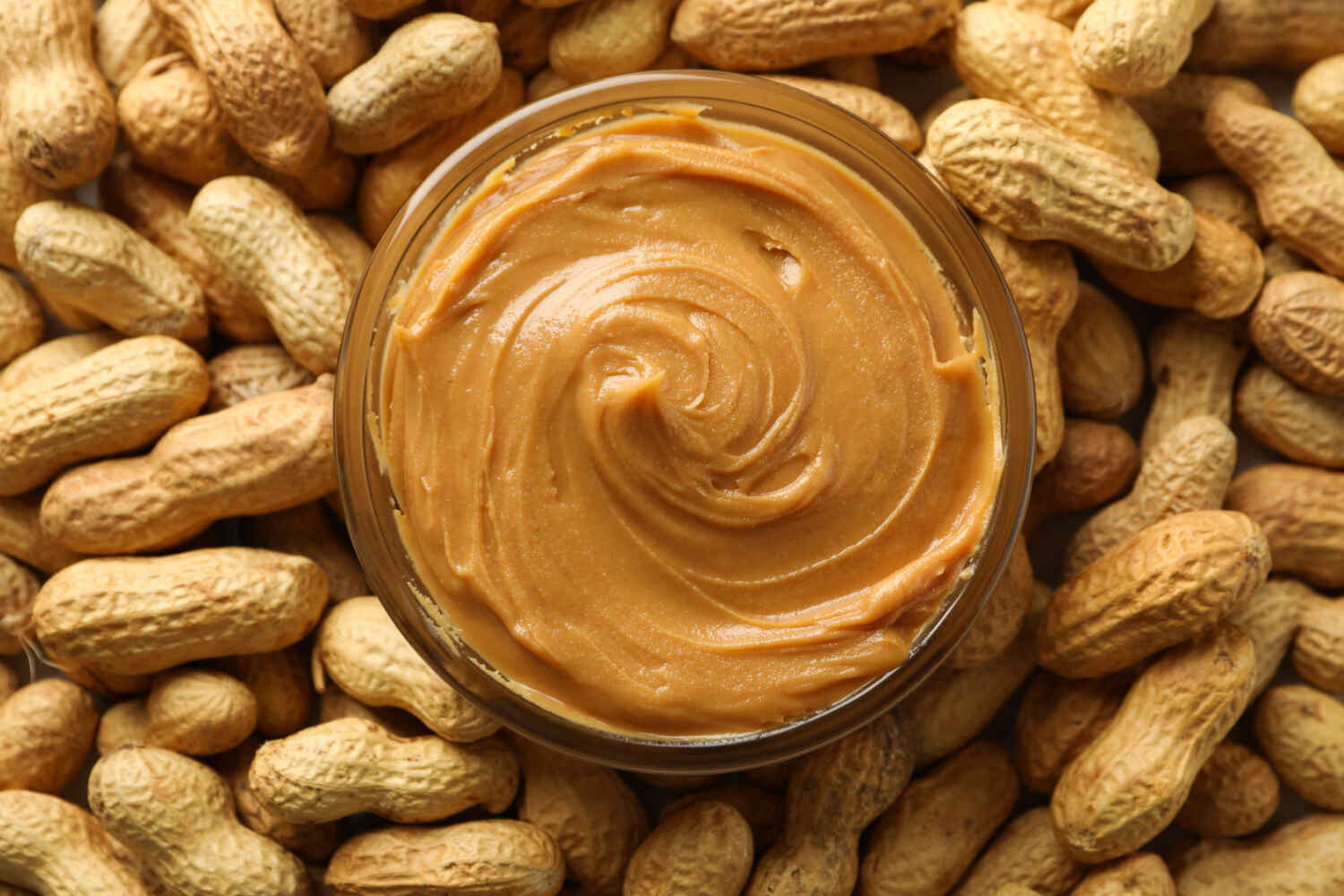
The butter made from the wonder nut, peanut is loved by all! It’s not only filling but also contains vitamin E that protects nerves. Peanut butter is also a source of folate which is required for growth of new brain cells. It also contains thiamin(14) (15), which is good for the brain, and glucose which gives energy. But be cautious when serving this food since this may choke very young kids. It’s better to give a toast or biscuit with thinly spread peanut butter. Also, instead of buying it from market, make it at home.
Your toddler may not like all of the above mentioned foodstuffs, but its up to you to present them in interesting and attractive ways so that your kid can benefit from them. The first few years of life are crucial for overall development and therefore extra care should be taken not to leave any lacunae from your end. These foods are not only excellent for the toddlers, but for their toiling mums too! So get going with these brain boosting foods for toddlers and ensure proper development of your little one.
FAQ’s
1. What Causes Bad Memory in Kids?
Developmental disorders like ADHD, autism, etc. are often the reason behind bad memory in kids. Some of these conditions can affect long term memory. But, usually they cause disruptions in working memory.
2. What Deficiency Causes Poor Memory?
A poor memory is often a result of vitamin B12 deficiency (16). Vitamin B12 deficiency is very common. To ensure your kid doesn’t suffer from B12 deficiency, you should give them fish, meat, poultry, eggs, milk, and other dairy products. These all food items are rich in vitamin B12. Some of the best sources of vitamin B12 are clams, oysters, and beef liver. If you are vegetarian, then consuming spinach, beetroot, butternut squash, mushroom, and potato can help. You can also try breakfast cereals, and other food products which are fortified with vitamin B12. But its best to give your kids natural foods.
3. Which Foods Are Good For Memory?
Food items like green leafy vegetables, fatty fish, berries, walnuts, whole grains are considered good for boosting memory.
References
- The Role of Nutrition in Brain Development: The Golden Opportunity of the “First 1000 Days” – [https://www.ncbi.nlm.nih.gov/pmc/articles/PMC4981537/]
- Cognitive Function and Consumption of Fruit and Vegetable Polyphenols in a Young Population: Is There a Relationship? – [https://www.ncbi.nlm.nih.gov/pmc/articles/PMC6836211/]
- Nutrition strategies that improve cognitive function – [https://pubmed.ncbi.nlm.nih.gov/30351155/]
- Effects of Omega-3 Polyunsaturated Fatty Acids on Brain Functions: A Systematic Review – [https://www.ncbi.nlm.nih.gov/pmc/articles/PMC9641984/]
- Supplementation with Flaxseed Oil Rich in Alpha-Linolenic Acid Improves Verbal Fluency in Healthy Older Adults – [https://pubmed.ncbi.nlm.nih.gov/36986229/]
- Recent advances in berry supplementation and age-related cognitive decline – [https://pubmed.ncbi.nlm.nih.gov/19057194/]
- Nutritional and Health Promoting Attribute of Kidney Beans (Phaseolus vulgaris L.): A Review – [https://www.researchgate.net/publication/342541814_Nutritional_and_Health_Promoting_Attribute_of_Kidney_Beans_Phaseolus_vulgaris_L_A_Review]
- Role of poultry meat in a balanced diet aimed at maintaining health and wellbeing: an Italian consensus document – [https://www.ncbi.nlm.nih.gov/pmc/articles/PMC4462824/]
- Spinach: An important green leafy vegetable and medicinal herb – [https://www.researchgate.net/publication/329699312_Spinach_An_important_green_leafy_vegetable_and_medicinal_herb]
- Beneficial Effects of Walnuts on Cognition and Brain Health – [https://www.ncbi.nlm.nih.gov/pmc/articles/PMC7071526/]
- The Health Benefits of Egg Protein – [https://www.ncbi.nlm.nih.gov/pmc/articles/PMC9316657/]
- Dietary-Nutraceutical Properties of Oat Protein and Peptides – [https://www.ncbi.nlm.nih.gov/pmc/articles/PMC9294724/]
- Health-Related Aspects of Milk Proteins – [https://www.ncbi.nlm.nih.gov/pmc/articles/PMC5149046/]
- Peanut butter, smooth style, with salt – [https://fdc.nal.usda.gov/food-details/2262072/nutrients]
- Peanuts as functional food: a review – [https://www.ncbi.nlm.nih.gov/pmc/articles/PMC4711439/]
- Low Vitamin B12 Levels: An Underestimated Cause Of Minimal Cognitive Impairment And Dementia – [https://www.ncbi.nlm.nih.gov/pmc/articles/PMC7077099/]

